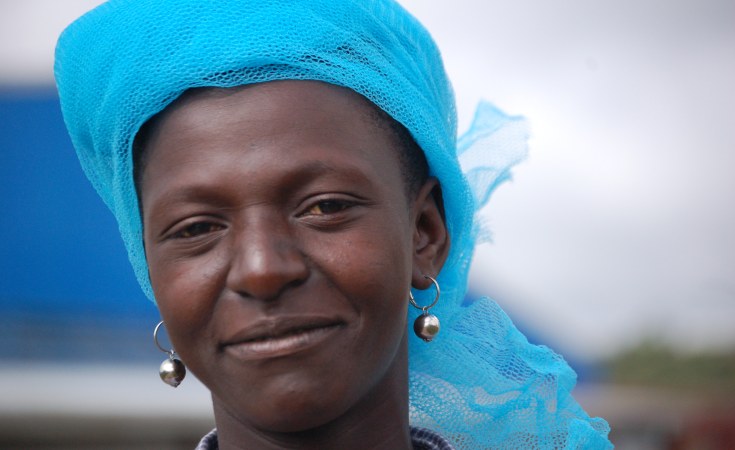Only four African countries have eliminated malaria so far but Gambia, Rwanda, Sao Tome and Principe and Madagascar are accelerating efforts to eradicate it and in southern Africa the disease could disappear in "the not too distant future," the World Health Organisation (WHO) said Monday.
In a new report by the Roll Back Malaria Partnership (RBM), "Eliminating Malaria: Learning From the Past, Looking Ahead," top WHO officials note that more than 780,000 people around the world still die from malaria each year.
This is "completely unacceptable for a disease that is entirely preventable and treatable," say Robert D. Newman, director of WHO's global programme on malaria, and Zsuzsanna Jakab, WHO regional director for Europe.
"In 2011, with the highly effective tools we have available, no one should die from malaria," they said in the report. "Scaling up these tools is estimated to have saved an estimated 1.1 million lives in Africa since 2000, with the vast majority of those occurring in the past five years when scale-up of interventions began in earnest."
The report was launched in Seattle during the opening of the Bill & Melinda Gates Foundation Malaria Forum, which runs Monday through Wednesday. The event, headlined "Optimism and Urgency," includes top global health leaders from around the world. They include the WHO's Newman and African leaders of public and private malaria programs, as well as key drug-industry officials.
Summarizing recent progress in Africa, the RBM report says Lesotho, Mauritius and the Seychelles are not endemic for malaria, Algeria is in the third of four stages towards this goal, and Cape Verde in the second. WHO defines the four stages as: malaria control; pre-elimination, elimination, and prevention of reintroduction.
"In countries with persistently high transmission rates, markedly reducing human-mosquito contact, improving access to diagnosis and treatment and reducing the prevalence of parasites in humans are critical to achieve the dramatic reductions in transmission that are required to consider moving towards elimination," the report said.
The Southern African Development Community countries, as well as other African nations, have announced their aim to eliminate malaria. As of 2010 the total numbers of reported cases in Botswana, South Africa and Swaziland were relatively low, raising prospects that malaria could be eliminated from the region, the report said.
Another four African countries - Gambia, Rwanda, Sao Tome and Principe and Madagascar - aspire to eliminate malaria and have secured Global Fund grants to support their efforts.
"Successful malaria elimination programmes are built on strong national leadership, commitment to high-quality staffing and programme delivery, national stability (political and socio- economic), sound technical approaches that address local malaria biology and evolve with changing epidemiology, and effective surveillance systems that can rapidly detect and contain transmission," the report said.
The report added that development is key in achieving progress against malaria.
"History shows that as people's living conditions improve over the decades, malaria will slowly, steadily and surely recede," the report said. "Nonetheless, great progress in reducing malaria transmission and saving lives is already occurring, and programme preparations are being made for a future drive towards elimination."


